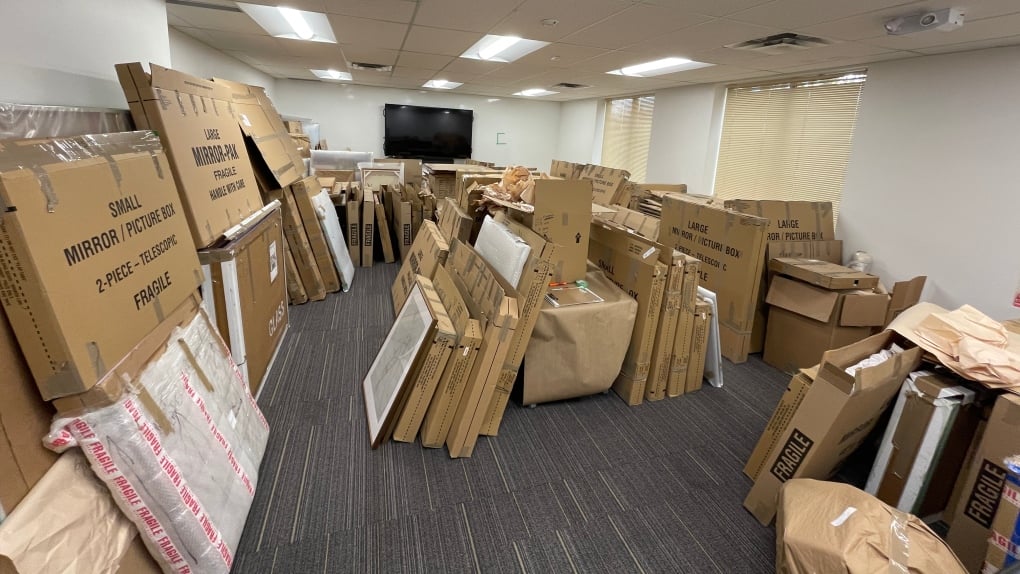A trio of artists have launched a lawsuit against Stability AI and Midjourney, creators of AI art generators Stable Diffusion and Midjourney, and artist portfolio platform DeviantArt, which recently created its own AI art generator, DreamUp.
The artists — Sarah Andersen, Kelly McKernan, and Karla Ortiz — allege that these organizations have infringed the rights of “millions of artists” by training their AI tools on five billion images scraped from the web “without the consent of the original artists.”
The lawsuit has been filed by lawyer and typographer Matthew Butterick along with the Joseph Saveri Law Firm, which specializes in antitrust and class action cases. Butterick and Saveri are currently suing Microsoft, GitHub, and OpenAI in a similar case involving the AI programming model CoPilot, which is trained on lines of code collected from the web.
In a blog post announcing the suit, Butterick describes the case as “another step toward making AI fair & ethical for everyone.” He says the capacity of AI art tools like Stable Diffusion to “flood the market with an essentially unlimited number of infringing images will inflict permanent damage on the market for art and artists.”
Since AI art tools exploded in popularity over the past year, the art community has reacted strongly. While some say these tools can be helpful, much like past generations of software like Photoshop and Illustrators, many more object to the use of their work to train these money-making systems. Generative AI art models are trained on billions of images collected from the web, generally without the creators’ knowledge or consent. AI art generators can then be used to create artwork that replicates the style of specific artists.
Whether or not these systems infringe on copyright law is a complicated question which experts say will need to be settled in the courts. The creators of AI art tools generally argue that the training of this software on copyrighted data is covered (in the US at least) by fair use doctrine. But cases involving fair use still need to be litigated and there are numerous complicating factors when it comes to AI art generators. These include the location of organizations behind these tools (as the EU and US have subtly different legal allowances for data scraping) and the purpose of these institutions (Stable Diffusion, for example, is trained on the LAION dataset, which is created by a German-based research non-profit, and non-profits may be treated more favorably than regular companies in fair use cases).
The lawsuit launched by Butterick and the Joseph Saveri Law Firm has also been criticized for containing technical inaccuracies. For example, the suit claims that AI art models “store compressed copies of [copyright-protected] training images” and then “recombine” them; functioning as “21st-century collage tool[s].” However, AI art models do not store images at all, but rather mathematical representations of patterns collected from these images. The software does not piece together bits of images in the form of a collage, either, but creates pictures from scratch based on these mathematical representations.
The Verge has reached out to Matthew Butterick, Stability AI, Midjourney, and DeviantArt for comment. We will update the story if we hear back.
